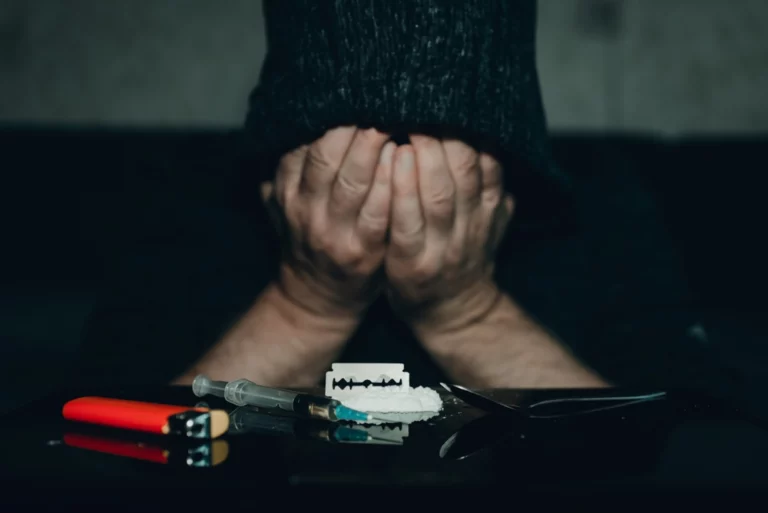Top 8 Signs You Might Have PTSD and What You Can Do
Post-traumatic stress disorder (PTSD) is a mental health condition that is triggered by a traumatic event or prolonged exposure to violence, natural disasters, or other stressors. It can be triggered by a single traumatic event or gradually over time. People who suffer from PTSD often experience disturbing and disturbing thoughts, flashbacks, and nightmares. They also have trouble functioning in everyday life and relationships.
Even though it is a common diagnosis among soldiers, survivors of natural disasters, and victims of violent crimes, many people are afraid of it. If you have ever experienced a traumatic event that was so overwhelming that you have trouble dealing with it, it might be time for you to assess your life and figure out if you have PTSD. Here are the top five signs that you might have PTSD:
Signs To Look For
1. You struggle with memories of the event
It’s common for people who have PTSD to experience flashbacks of the event. These flashbacks might include images or sounds that are similar to the original trauma. Most people who have PTSD have flashbacks about the event at some point, but for a small percentage of people, the flashbacks continue for their entire lives. For some people, the flashbacks are constant and they don’t know how to control them.
2. You feel like you’re constantly on edge
Having hypervigilance is another common sign of PTSD. People with PTSD are on edge all the time and can’t relax. They may feel constantly on edge, even after the traumatic event has passed. One reason these people feel on edge is that they have trouble processing information. This leads to a lot of anxiety about little things, like someone coming up to them in a public place and starting a conversation.
3. You feel detached from everyone and everything
People who have PTSD often feel detached from people and things. They may feel as if they are in a bubble, as if they are no longer connected to the world around them. They might feel like they are in a fog and they don’t know what they are doing or saying. They might even have trouble remembering important things. This feeling of being detached can last for weeks or months after the traumatic event. It might get better with time, but it can also remain.
4. You have disturbing and disturbing thoughts
People with PTSD often have disturbing and disturbing thoughts, such as constantly worrying about the event or the people involved. They might also have triggers that bring up the trauma, such as seeing reminders of the event or people who were involved. They might also have intense angry or sad feelings. These thoughts and emotions can be hard to control and might seem to come out of nowhere. They might also seem to make no sense. PTSD is often confused with depression.
5. You jump at any sudden noise
People with PTSD often jump at noises that are out of the ordinary, such as a traffic noise or someone opening a door. They might also have an overreaction to certain sights or smells. This jumpiness might be so extreme that it interferes with your normal life.
6. Anger
People with PTSD often become angry without warning, even if they don’t have an obvious trigger. If a person is trying not to think about the traumatic event, they may have a strong emotional response to an unrelated situation. A person with PTSD may also have anger towards themselves, as they feel they should have been able to handle the situation better.
7. Disorganized
People with PTSD often have trouble organizing their thoughts, which leads to disorganized thinking. They’ll make mistakes, such as getting something mixed up with another thing, forgetting something entirely, or misremembering what happened. It’s common for a person with PTSD to write things down because they “forget” the details.
8. Shallow Breathing
When someone is scared, they may hold their breath to calm themselves. This increases the heart rate and makes it harder to breathe. When someone is trying to calm down, they may breathe shallowly, which makes it harder to oxygenate the blood. A person with PTSD may breathe shallowly even when they aren’t scared.
Final Thoughts
If you have experienced a traumatic event and you are struggling with any of these symptoms, it might be time for you to assess your life and figure out if you have PTSD. If the symptoms are severe and you have been experiencing them for a long time, it’s likely that you have this condition. It can be difficult to know if you have PTSD because there are many things that can cause the same symptoms. It’s important to talk to someone who has experience with PTSD so they can help you understand your symptoms and figure out if you have it.
If you have experienced a trauma and you are struggling with any of these symptoms, it might be time for you to assess your life and figure out if you have PTSD. If the symptoms are severe and you have been experiencing them for a long time, it’s likely that you have this condition. It can be difficult to know if you have PTSD because there are many things that can cause the same symptoms. It’s important to talk to someone who has experience with PTSD so they can help you understand your symptoms and figure out if you have it.
Trust Oasis Recovery
Addiction and mental health disorders can affect anyone. If you or a loved one are currently living with one of these issues, help is available! We encourage you to reach out to the professionals at Oasis Recovery to learn more about our personalized treatment programs and mental health services. Oasis Recovery was founded from firsthand experience of addiction and recovery, with a mission of providing a space where people can heal from addiction in a compassionate, creative, open-minded, and heart-centered environment. We believe recovery is always possible. Our experts work with you to design a treatment plan that fits your needs. Common treatment programs include:
- Intensive Outpatient Programs (IOP)
- Full-time Addiction Treatment on campus
- Aftercare Services
Contact us today for more information about how our programs and services can help you get your life back on track. You no longer have to struggle with this on your own. We are here to help.












